Have you ever settled into your favorite armchair, ready to enjoy some old-school tunes, only to realize the song playing sounds eerily deep or chipmunk-high? The culprit: your turntable’s speed settings. It’s a moment that every vinyl enthusiast might face at least once — and it brings forth an age-old debate. Can playing a record at an incorrect speed wear it out faster? Well, let’s find out!
What happens when you are playing a record?
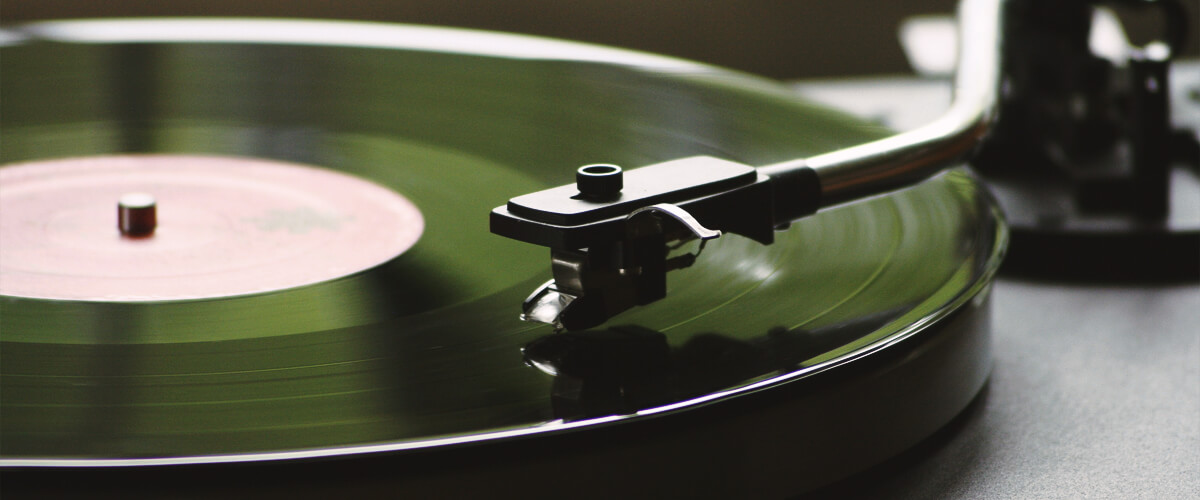
When you play a vinyl record, a stylus (often called the “needle”) traces the intricate grooves imprinted in the vinyl. As the stylus navigates these grooves, it vibrates, translating the vinyl’s embedded patterns into electrical signals. These signals are then amplified and projected through speakers, converting them into the sounds we hear.
Interestingly, the turntable’s rotational speed doesn’t dictate how the sound is produced. Instead, sound production hinges on the rate and manner in which the stylus vibrates as it interacts with the record’s grooves. Different speeds will change the pitch and tempo of the playback, but the fundamental process of reading the grooves remains the same.
What happens when you are playing a record at the wrong speed?
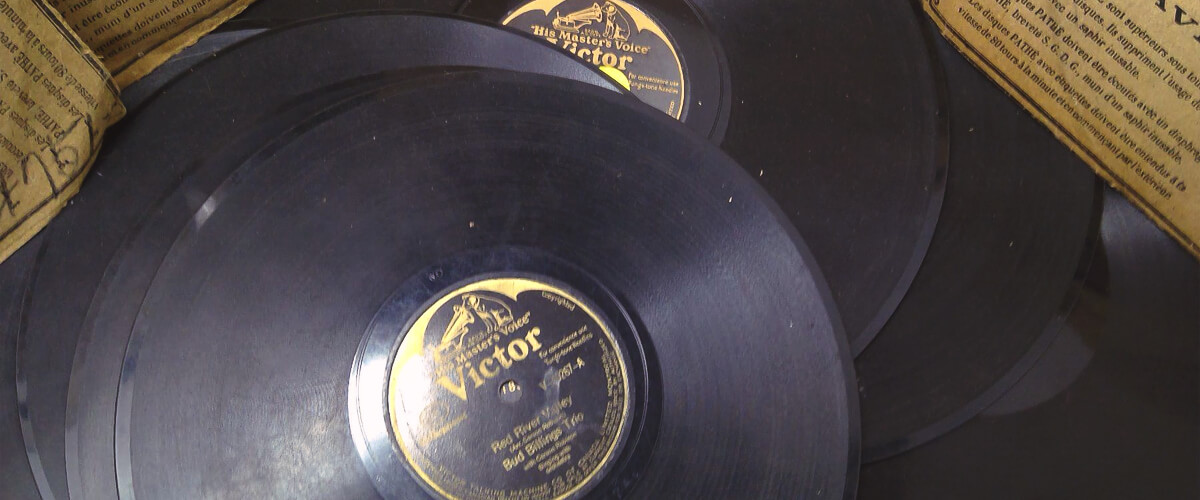
Playing a vinyl record at a speed different from its intended rotation affects more than just the tempo of the music. The pitch, which refers to the perceived frequency of a sound, also changes:
Slower speed: if a record is played slower than intended, both the tempo and the pitch drop. This means songs will play longer and sound deeper.
Faster speed: conversely, if the record spins faster than its designated speed, the music’s tempo increases and its pitch rises, making songs sound shorter and higher-pitched.
The alteration in speed reshapes the experience of the music, potentially offering a different auditory perspective on familiar tracks.
Does it damage the record?
The debate about the potential damage caused by playing a record at an incorrect speed is ongoing.
There are vinyl enthusiasts who argue that playing a 33 RPM record at 45 RPM subjects the groove to more stress than playing it at its designated speed. This is because the grooves traverse faster under the needle. Over time, this might distort the grooves, rendering the record unreadable. However, while these proponents emphasize the potential risks of speeding up a record, they don’t often cite harm from playing it slower than intended.
Others in the vinyl community contest these claims, asserting that records were engineered for a range of speeds. As long as the speed isn’t excessive (e.g., surpassing 100 RPM), it shouldn’t cause harm. In defense of this perspective, users noted instances where records have been played at incorrect speeds for years without noticeable wear or degradation.
A significant point raised by skeptics is the current absence of scientific research or conclusive studies to affirm either viewpoint.
So, what is the answer?
So, does speeding up or slowing down a record damage it? The verdict on this question is still out. There are valid arguments on both sides of this debate, and until more concrete evidence comes to light, we may never know for sure which side is right. So if you decide to play a record at the wrong speed on purpose, be aware that you do it at your own risk and at least try to stick to speeds within reasonable limits. But if you enjoy the experience, it is definitely worth keeping doing it!

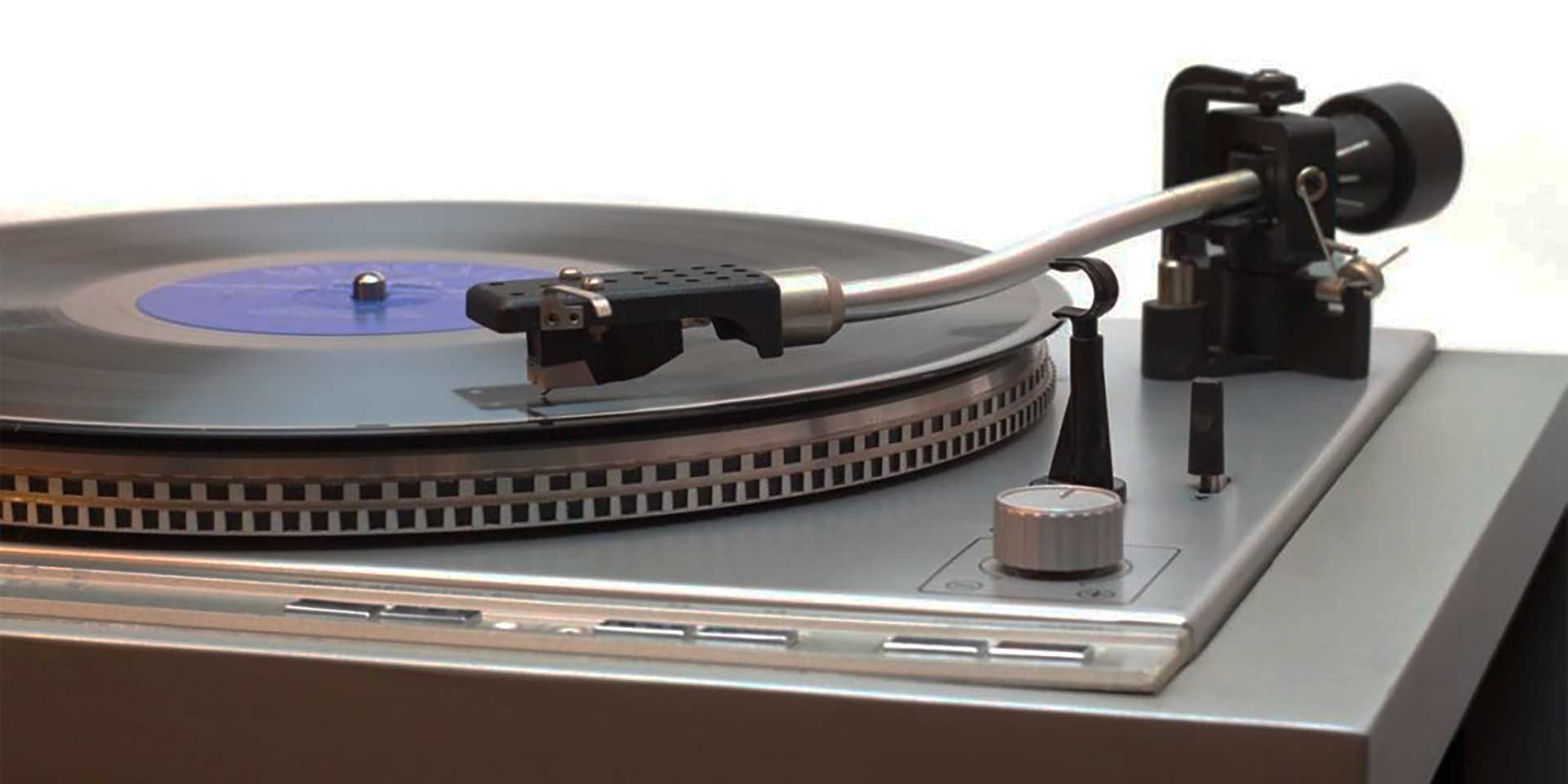



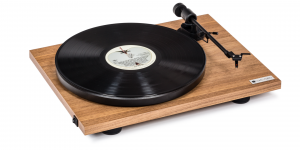


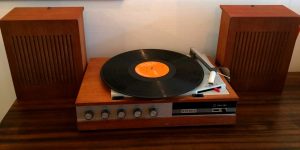


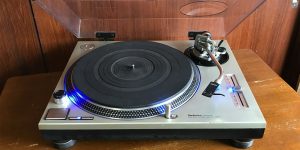
![Connect a Turntable to Your Wireless Bluetooth Speakers [Easy Guide]](/wp-content/uploads/2021/12/tuntable-and-sonos-speaker-300x150.jpg)

